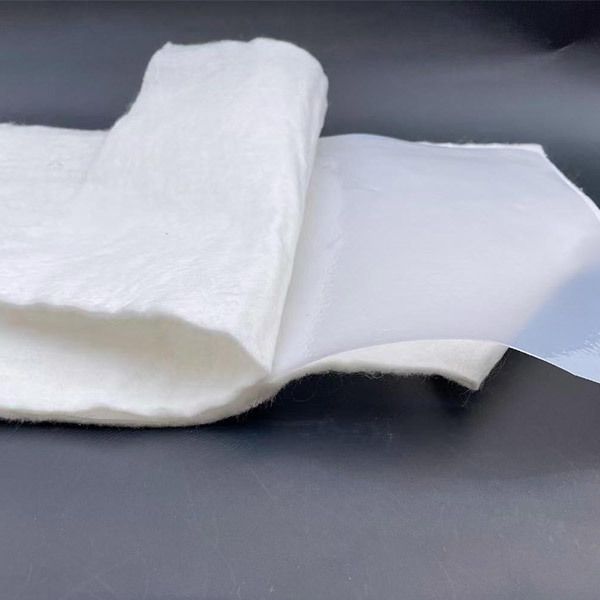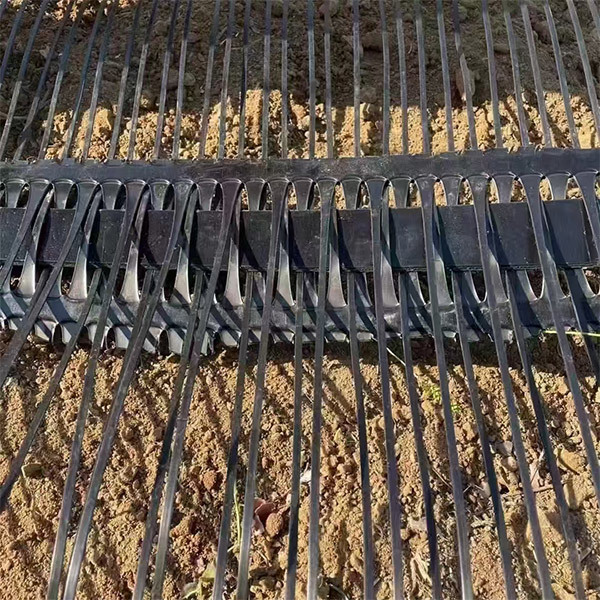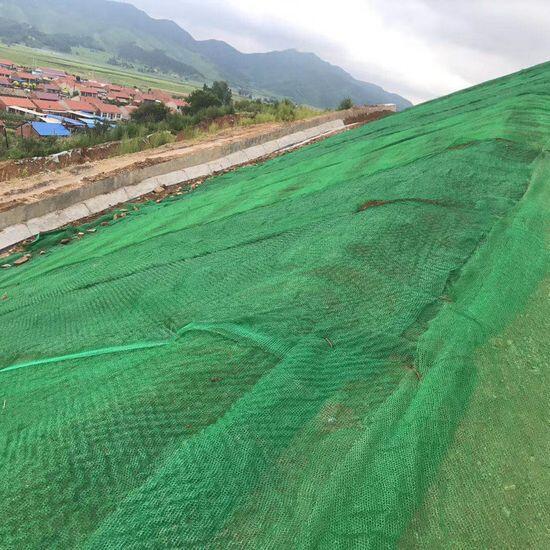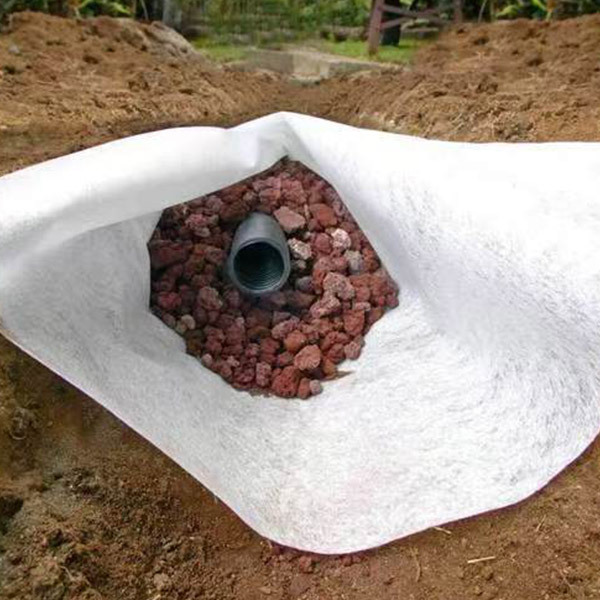Understanding Terpal HDPE Geomembrane: Essential Insights for Construction Professionals
Time:
Jul 27,2025
Terpal HDPE geomembrane is a versatile and robust material increasingly utilized in the construction and civil engineering sectors, particularly for applications involving water containment and environmental protection. Composed of high-density polyethylene (HDPE), this geomembrane is known for its exceptional strength, durability, and resistance to various environmental factors, making it a prefe
Terpal HDPE geomembrane is a versatile and robust material increasingly utilized in the construction and civil engineering sectors, particularly for applications involving water containment and environmental protection. Composed of high-density polyethylene (HDPE), this geomembrane is known for its exceptional strength, durability, and resistance to various environmental factors, making it a preferred choice for many construction projects.
One of the primary advantages of Terpal HDPE geomembrane is its impermeability. This characteristic is crucial for projects requiring containment of liquids, such as landfills, reservoirs, and stormwater management systems. The geomembrane effectively prevents water infiltration and contamination, thereby protecting the surrounding environment and ensuring compliance with regulatory standards. Additionally, the material's UV resistance allows it to maintain its integrity and performance even when exposed to sunlight for extended periods.
In terms of installation, Terpal HDPE geomembranes are relatively straightforward to work with. They can be customized to fit various project requirements, including size and thickness. The material can be welded together using specialized techniques, creating strong seams that enhance overall performance. Proper installation is critical, as it ensures that the geomembrane functions optimally and provides the necessary protection over its lifespan.
Terpal HDPE geomembranes also exhibit excellent chemical resistance, making them suitable for applications involving exposure to harsh chemicals or corrosive substances. This property is especially beneficial in industries such as mining, agriculture, and wastewater treatment, where the geomembrane can safeguard against leaks and spills that could pose environmental hazards.
Moreover, Terpal HDPE geomembranes are environmentally friendly, as they can be recycled at the end of their life cycle. This sustainability aspect is increasingly important in the construction industry, where there is a growing emphasis on reducing waste and minimizing ecological footprints. By choosing materials like HDPE geomembranes, professionals can contribute to more sustainable building practices.
In conclusion, Terpal HDPE geomembrane is a valuable asset in the construction and civil engineering fields, offering a combination of strength, durability, and environmental protection. Its wide range of applications, ease of installation, and chemical resistance make it an ideal choice for various projects. For construction professionals, understanding the properties and uses of Terpal HDPE geomembrane is essential for selecting the right materials to ensure project success and environmental safety. By leveraging this knowledge, industry experts can make informed decisions that align with both performance and sustainability goals.





